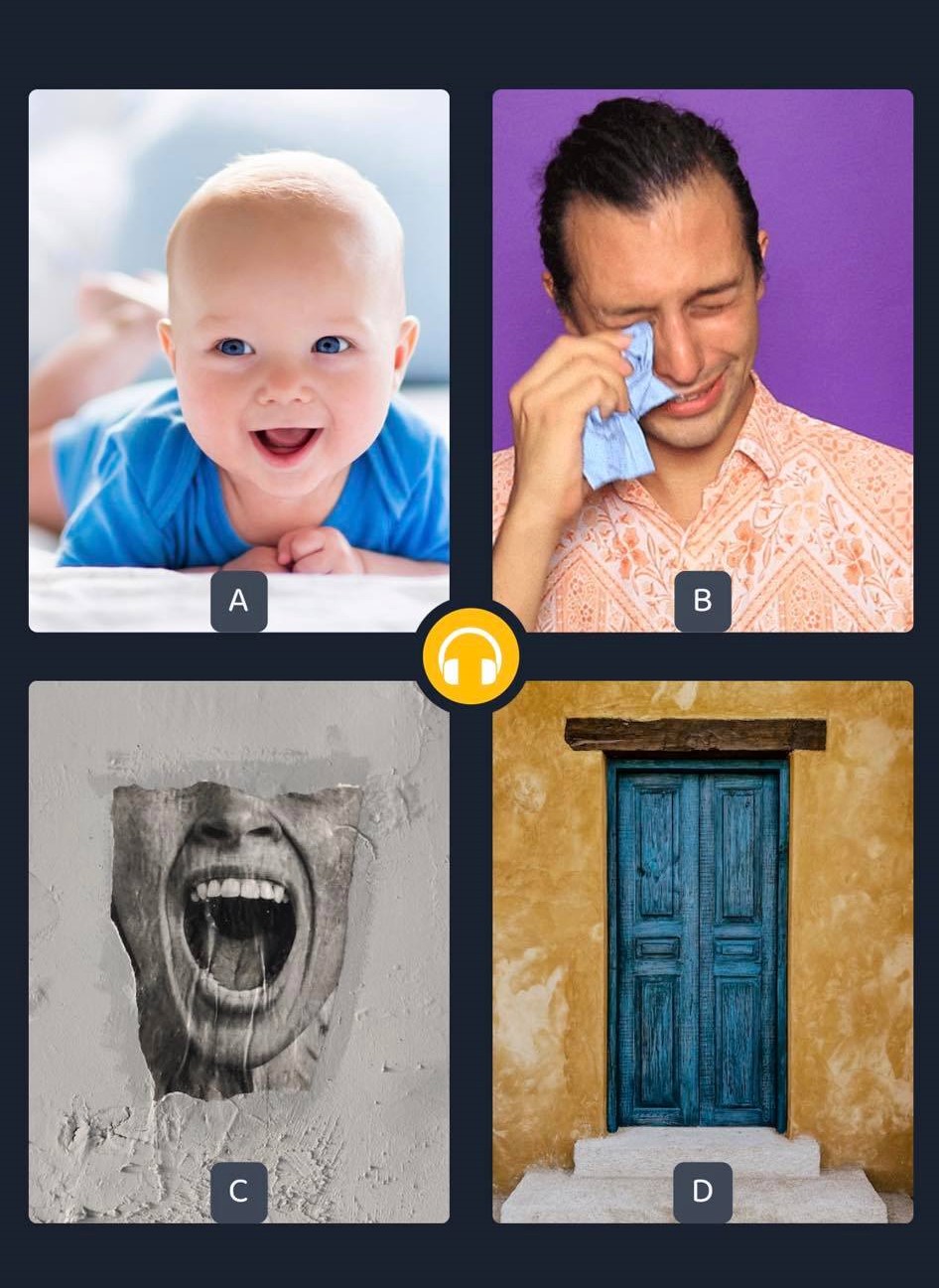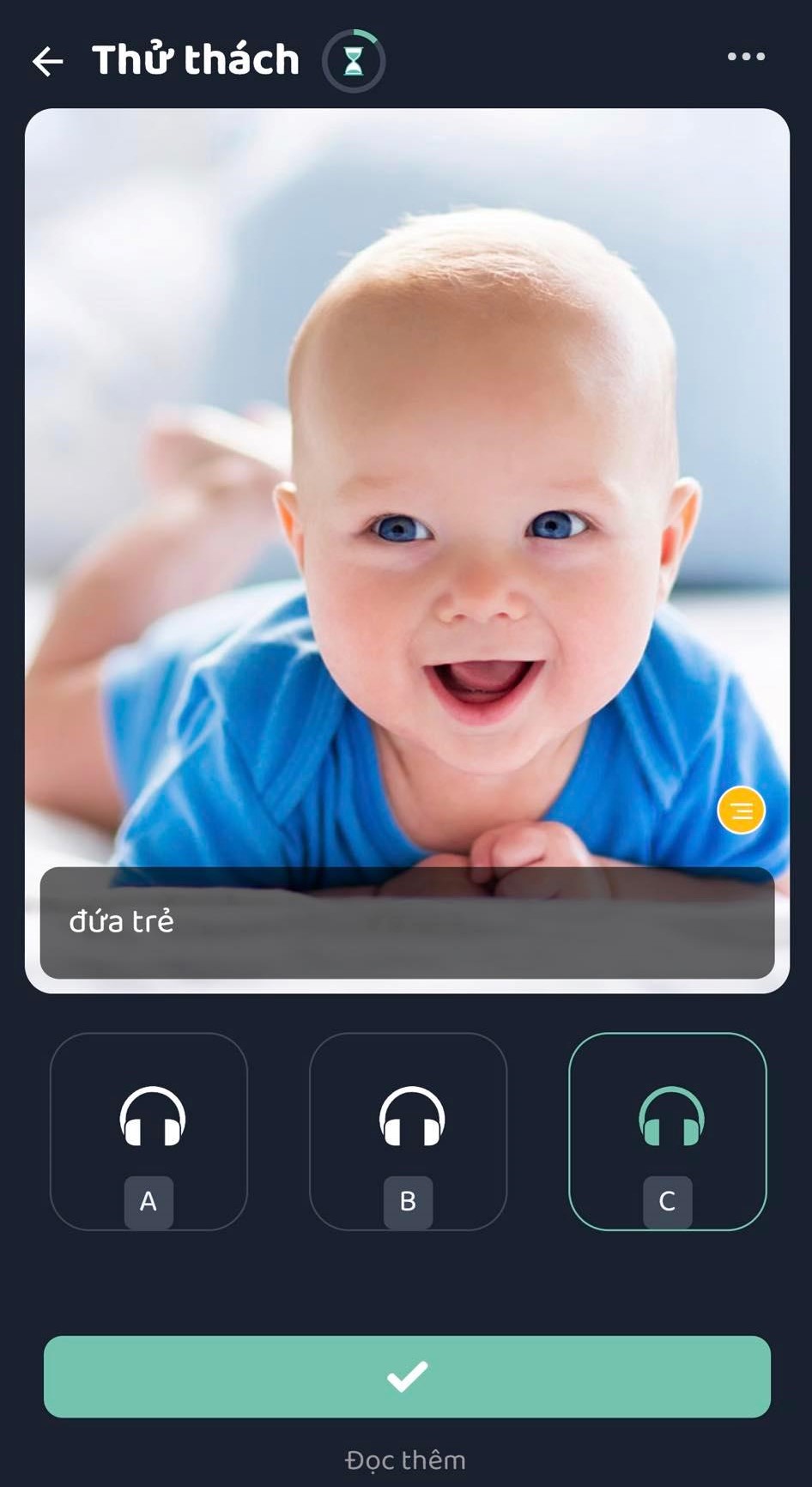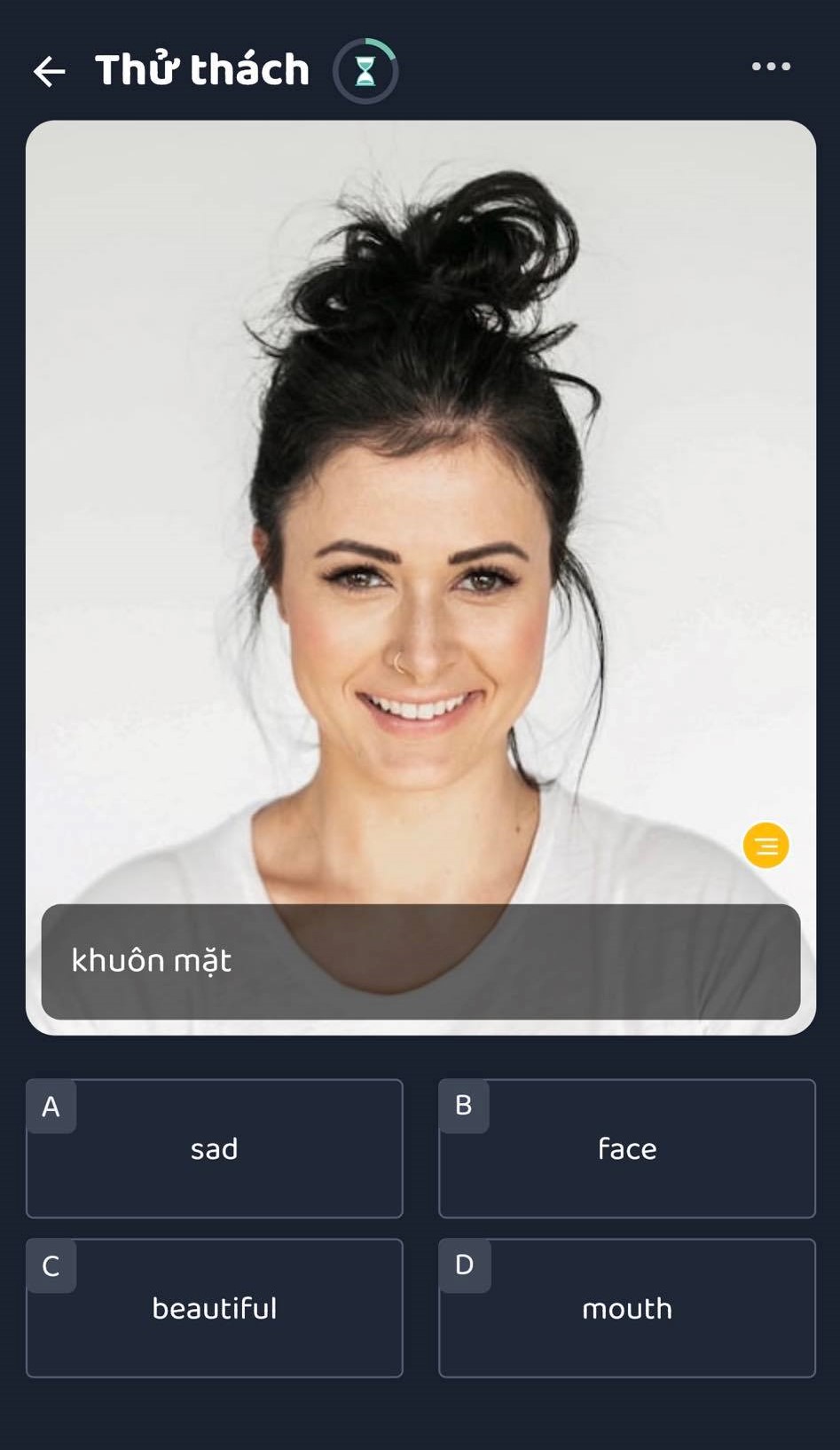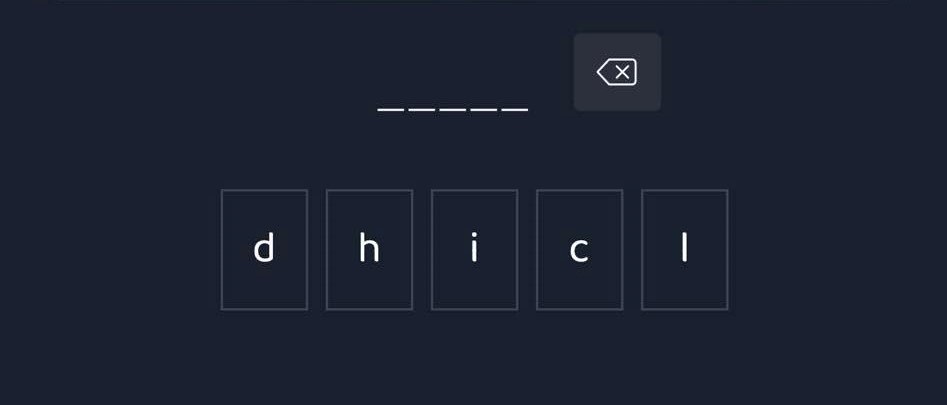English Vocab offers a variety of language games to help learners improve their English vocabulary. Games include sound and picture matching, word selection, and character rearrangement.
What are language games?
Language games are educational and entertaining activities designed to help learners of a language improve their skills in vocabulary, grammar, comprehension, pronunciation, and more. These games often involve puzzles, quizzes, word games, and interactive exercises that challenge learners to practice and apply their knowledge in a fun and engaging way. Language games can be an effective supplement to traditional language learning methods and can help learners improve their confidence, motivation, and overall proficiency in a language. In this article, we will explore the different types of language games provided by English Vocab and their benefits for language learners.
5 Types of language games that are available in English Vocab
Pick a picture
In this game, learners hear a word pronounced and must choose the correct spelling from a list of options. Learners can also listen to the pronunciation of the word again if they need to hear it more than once. This game helps learners to improve their listening skills, spelling accuracy, and ability to differentiate between similar-sounding words.
‘pick a picture’ type
Pick a sound
In this game, learners are shown a picture and must choose the correct word that describes it from a list of options. This game helps learners to improve their visual recognition skills and expand their vocabulary related to different themes, such as animals, food, or household items.

‘pick a sound’ type
Pick a wrong redundant letter
In this game, learners are shown a sentence with a word that is incorrect, and they must choose the correct word to replace it. This game helps learners to improve their grammar and sentence structure skills, as well as their ability to identify errors in sentences. By recognizing incorrect word choices in sentences, learners can also improve their own writing and speaking skills.

‘pick a wrong redundant letter’ type
Pick the correct meaning
In this game, learners are given a definition and must choose the correct word that matches it from a list of options. This game helps learners to improve their comprehension skills and build their vocabulary related to different themes, such as science, history, or sports. By learning new words and their meanings, learners can also improve their reading and writing skills.

‘Pick the correct meaning’ type
Rearrange the Order of Characters
In this game, learners are shown a scrambled word and must rearrange the letters to form the correct word. This game helps learners to improve their spelling and word recognition skills, as well as their ability to think critically and solve puzzles. By practicing rearranging letters, learners can also improve their ability to form new words and write more complex sentences.

‘Rearrange the Order of Characters’ type
How are these language games useful to user?
Language games, such as the ones found in English Vocab, are useful to users in several ways:
- Interactive Learning: Language games provide an interactive way for users to learn and practice their language skills. Instead of passive learning through reading or listening, users can actively engage with the language by playing games and applying their knowledge in a fun and engaging way.
- Motivation: it can be motivating for users because they provide instant feedback and rewards. Users can see their progress in real-time and feel a sense of accomplishment when they successfully complete a game or improve their score.
- Variety: coming in a variety of formats, such as: Pick a sound, pick a picture, pick a wrong word, rearrange the order of characters,etc. which can keep users engaged and interested in learning. By using different types of games, users can practice and reinforce their language skills in different ways.
- Targeted Learning: Language games can be designed to target specific language skills, such as vocabulary or pronunciation. By focusing on specific areas of language learning, users can improve their skills in a more targeted and efficient way.
- Flexibility: can be accessed anytime, anywhere, and can be tailored to suit the user’s individual learning needs and preferences. Users can choose to play games that focus on their specific language goals and can play at their own pace and schedule.




